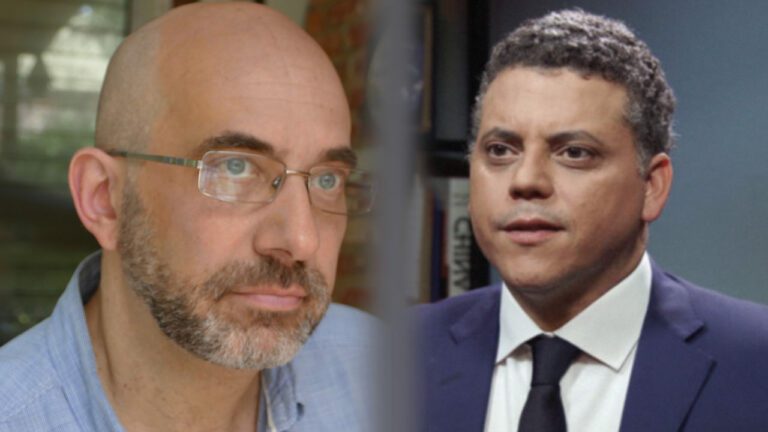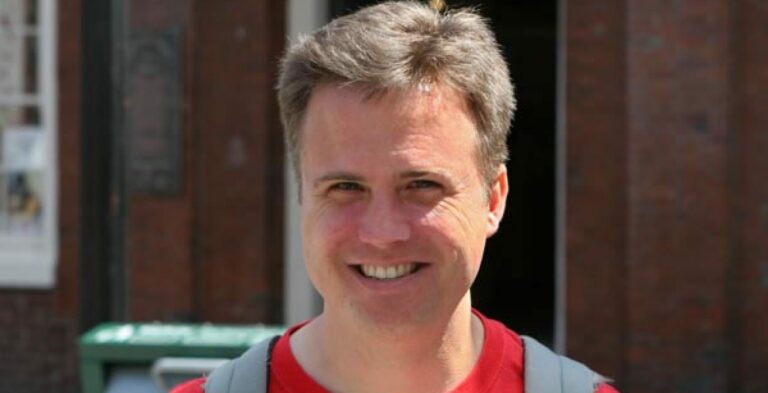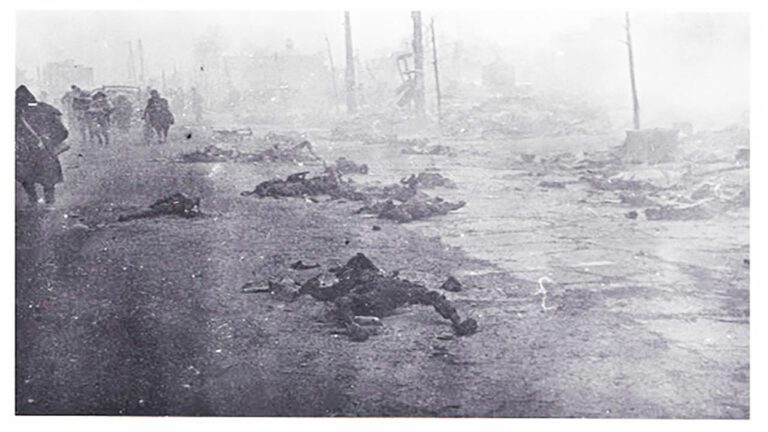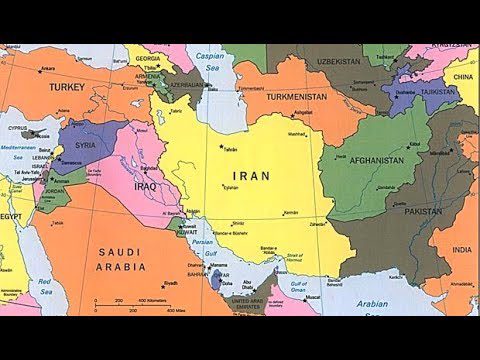The Government™ has made an ad about the state of Democracy™ around the world, and it’s surprisingly honest and informative.
Never miss another story
Subscribe to theAnalysis.news – Newsletter
![Honest Government Ad | Democracy™ [Blocked in 🇮🇳]](https://theanalysis.news/wp-content/uploads/2024/06/juice-media-democracy.jpg)
The Government™ has made an ad about the state of Democracy™ around the world, and it’s surprisingly honest and informative.
Subscribe to theAnalysis.news – Newsletter

While Biden’s latest climate plan is much improved, it’s far short of what scientists say is needed. Biden’s aggressive rhetoric will not help build a joint climate plan with China, a crucial step for any global plan to succeed. Dayton Martindale joins Paul Jay on theAnalysis.news podcast.

Temir Porras, a former advisor to Venezuelan Presidents Chavez and Maduro, argues that the opposition’s division over boycotting the upcoming parliamentary election could end up marginalizing the extreme-right opposition faction and thus lead to a normalization of politics in Venezuela. Hosted by Greg Wilpert, author of “Changing Venezuela by Taking Power, The History and Policies of the Chavez Government.”

On RAI with Paul Jay, David Swanson, author of “War is a Lie”, talks about becoming a full-time activist for peace. This is an episode of Reality Asserts Itself, produced December 15, 2013, with Paul Jay.

According to recent Lebanese Health Ministry figures, Israel has killed a total of 4,047 people in Lebanon since October 2023, with 3,402 people killed in the past few months alone. Israeli Prime Minister Benjamin Netanyahu has declared Israel’s invasion of Lebanon a political victory for his coalition of right-wing fanatics. Omer Bartov, Israeli American genocide scholar and historian, characterizes Israel’s war crimes in Lebanon as a political exercise in saber-rattling for Bibi’s domestic audience, while the IDF prioritizes the elimination of Palestinians from northern Gaza and the starvation of Gaza’s besieged population. Will the Israel-Hezbollah ceasefire— now on shaky ground after numerous Israeli violations— actually hold?

In 1939, President Roosevelt called on nations at war to refrain from the “inhuman barbarism” of targeting civilians. In 1945, the U.S. firebombed Japanese cities and dropped nuclear weapons killing hundreds of thousands. On the 75th anniversary of the bombing of Hiroshima and Nagasaki, Peter Kuznick joins Paul Jay on theAnalysis.news podcast.

On Reality Asserts Itself, Trita Parsi tells Paul Jay that diplomacy, not sanctions and coercion, will help the U.S. work with Iran to find solutions to regional problems. This is an episode of Reality Asserts Itself, produced August 28, 2017, with Paul Jay.